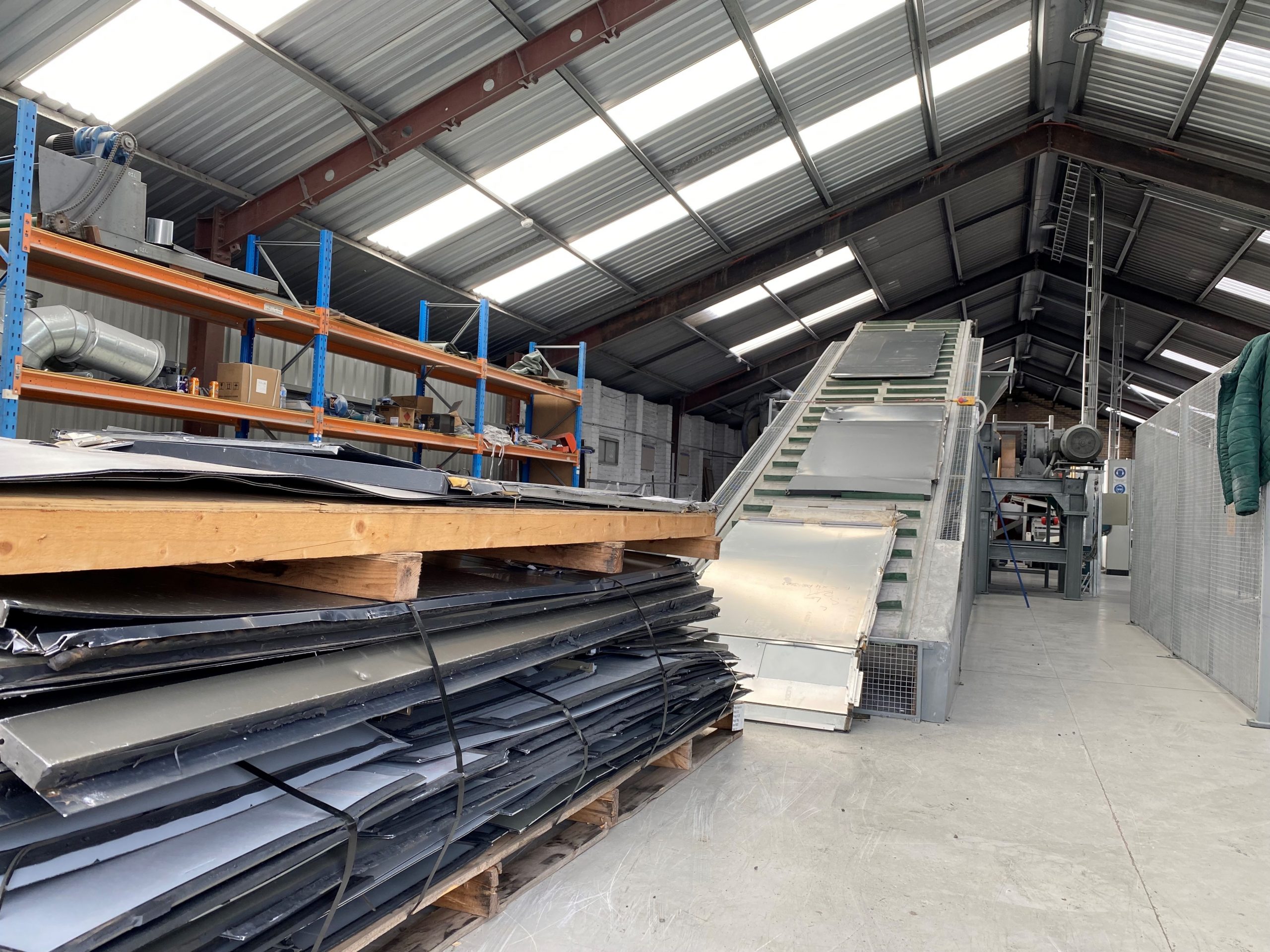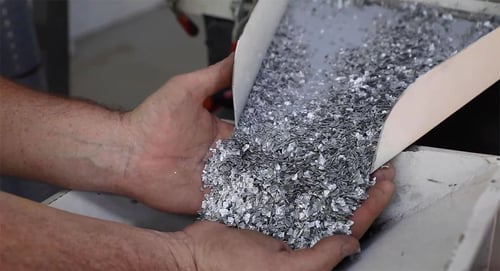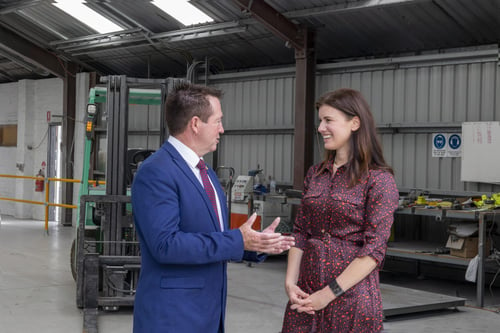Construction waste is a global issue that requires serious attention. The Australian construction industry has grown significantly in the past two decades. Population growth has led to the need for extensive property development, better public transport and improved infrastructure. This means there has been a substantial increase in waste produced by construction and demolition.
According to the latest data in the National Waste Report 2020, Australia generated 27 million tonnes of waste (44% of all waste) from the construction and demolition sector in 2018-19. That’s a 61% increase since 2006-07. This waste stream is the largest source of managed waste in Australia, with only 76% of it is recycled or repurposed. The remainder is sent to landfill, illegally dumped or stockpiled.
Construction and demolition activities can generate a wide range of different waste materials. This waste is not just rubbish and unwanted material, but also includes:
- Excavated material such as rock and soil
- Waste asphalt, bricks, concrete, metals, plasterboard, timber and vegetation
- Asbestos and contaminated soil
As leaders in modern and sustainable waste management solutions for all industries, who better to comment on effective waste management strategies than Ian Stewart, Director of Grasshopper Environmental;
"With high social, economic and environmental costs, sending waste to landfill is the worst strategy to manage waste. One of the effective ways to control construction waste is to adopt sustainable construction principles”.
With more countries introducing import and export bans on certain waste materials, it’s become critical that Australia finds a domestic solution to landfill waste.
In Australia, the main strategy to reduce the waste sent to landfill is the use of levies. But the effectiveness of levies has been questioned in recent years by experts who argue that the landfill levy has not achieved the intended goals, such as a reduction in waste disposal or an increase in waste recovery activities.
One effective strategy Australia is looking to expand on is Extended Producer Responsibility (EPR) which places greater responsibility on manufacturers to manage the take back of their packaging or product waste from consumers.
Everyone in the supply chain should be included: those who produce and supply materials, those involved in construction and demolition, and those who recover, recycle and dispose of waste.
Ecoloop is providing a solution to ACP cladding waste.
Since the Lacrosse tower fire in November 2014 which highlighted the concerns of combustible cladding, Australian governments have been working to ensure building and occupant safety, accelerated by the Grenfell tragedy in June 2017.
An estimated 4.2mill sqm of cladding is non-compliant and in need of replacement. State Government’s mandated removal of combustible polyethylene (PE) aluminium composite cladding (ACP), as part of comprehensive rectification initiatives across the country, has created a new waste stream.
With the construction industry already ranking as the second highest contributor of waste to landfill, environmental impacts of the new state policy had not been considered. Fairview took a proactive approach to enhancing sustainability in the industry through the introduction of Ecoloop.
Some Australian scrap traders will accept ACP and ship it to developing nations, claiming to recycle it. The aluminium may be recycled, but in hazardous and impactful ways. This is neither ethical or sustainable, and the government is rightly tightening their export policies. “Developing countries should not have to endure the brunt of first world nations mismanagement of waste”, asserts Mr. Stewart.
So, we need Australian processing. Unlike other recycling practices, Ecoloop provides an Australian solution following Australian Standards using Australian workers.
Ecoloop meets the Australian National Waste Policy’s five overarching principles through:
- Avoiding waste
- Improving resource recovery
- Increasing the use of recycled material and building demand and markets for recycled products
- Better management of material flows to benefit human health, the environment and the economy
- Improving information to support innovation, guide investment and enable informed consumer decisions.
Our team at Ecoloop continues to work with waste management experts and industry leaders to explore ways to effectively manage construction and demolition waste, with a focus on developing a circular economy. Our stakeholders will then have the confidence to invest in recycling construction and demolition waste, knowing it will produce a reasonable return.
As Australia's first ‘Aluminium Composite Panel’ recycling facility, Ecoloop possesses all required development consents and licensing for its lawful ongoing operation.
Contact our team at ecoloop@fv.com.au, to discuss your rectification project so we can help you proactively manage the disposal of cladding waste.
Head to the Ecoloop webpage to find out more.



